Horse Manure As fertilizer: Effect And Use In The Garden
Horse manure has been used successfully in the garden for decades. We show how you can benefit from horse manure as fertilizer in your own garden.
Even the great-aunt swore by the effect of horse manure for fertilizing roses and the lovely scent of the apple-shaped remains does not seem to contradict this. However, you should use fresh horse manure with caution, as otherwise some plants in the garden will not grow as they should – or will die straight away.
To make it easier for you to use valuable horse manure, this article deals with the effects, procurement, and application of this natural fertilizer. In order to avoid damaging sensitive plants, you will also find information on the suitability of the very nutrient-rich horse manure.
How Does Horse Manure Work As A Fertilizer?
Table of Contents
Horse manure is a mixture of horse droppings, urine, and bedding. It is considered to be a particularly valuable organic fertilizer because, in addition to the important main nutritional elements, it also contains a lot of magnesium and many trace elements. In addition, it is rated as a plant fertilizer, so it quickly provides quite large amounts of nutrients. The soil-improving properties, such as humus reproduction, are on the other hand rather moderate.
The composition can, however, be quite variable: If you purchase horse manure directly from the animal owner, more or less litter can be mixed in as a structural material. The more litter the manure contains, the more its effect shifts towards a soil fertilizer. So fewer nutrients are released, but humus reproduction and soil life are promoted. As a result, soil qualities such as water storage, nutrient buffering, and aeration can improve. Storage in the air also changes the properties of horse manure: As the decomposition begins, nitrogen and fresh organic matter disappear and the plant-fertilizing effect is increased. After a longer period of storage, the nutrient content drops again, and composting begins.
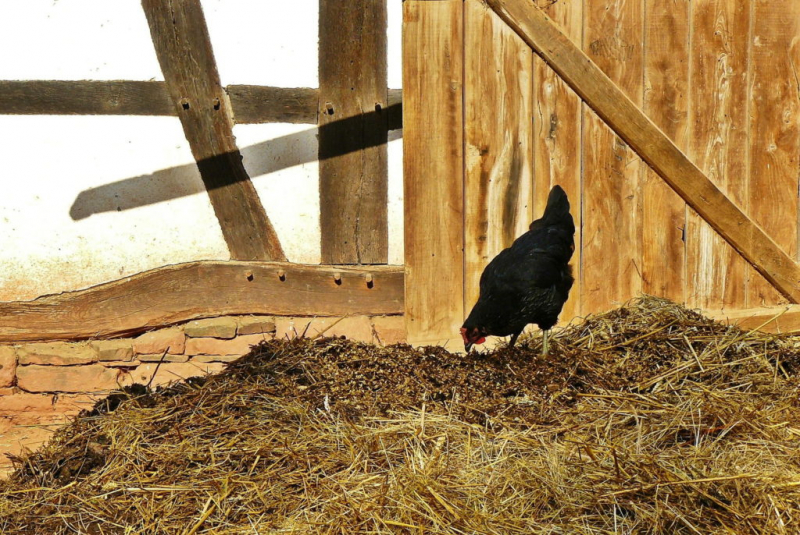
The storage of horse manure affects its properties
Summary: How does horse manure work as a fertilizer?
- When fresh, horse manure acts as a strong and fast organic nutrient supplier and as a moderate soil improver
- Brief storage in the air further enhances the nutrient delivery
- Long storage and composting lower the nutrient content and increase the soil-improving properties
- The more litter material (straw, shavings, hay) there is in the manure, the more horse manure has a soil-improving effect
Which plants can be fertilized with horse manure?
Which plants can be fertilized with horse manure depends on their condition. Since fresh or only briefly stored horse manure is extremely rich in nutrients, it is not suitable for young plants and herbs, among other things. Nutrient-rich horse manure can cause over-fertilization damage in plants with medium and low nutrient requirements. While a slight over-fertilization only results in nutrient-specific changes in growth, strong over-fertilization can lead to so-called exosmosis and thus to the death of the plant. Horse manure that has been composted for over a year or has a very high proportion of litter can be used on any plant. The following table shows which plants can be fertilized with fresh horse manure without being damaged.
| Suitable plants for fertilization with fresh horse manure | Unsuitable plants for fertilization with fresh horse manure |
|---|---|
| Summer flowers | Fruit trees and bushes |
| Seasonal planting | Low-consuming vegetables and vegetables with a short cultivation time |
| Heavily consuming vegetables | Shrubs and perennials |
| Deciduous hedge plants | Young plants and sowing |
| Roses | Herbs and rock garden plants |
Buy horse manure: Recommended sources of supply
You will find the best source of supply for horse manure on-site. Most horse owners are happy when something is taken away from the often voluminous storage facilities – they usually have to dispose of the manure at their own expense. However, some have also discovered that manure can be made from horse manure and are selling their product in local classifieds or on the Internet. And there is another way of buying horse manure: fertilizer manufacturers process the very watery manure into dry pellets. These can already be purchased in many garden centers and are much more convenient to distribute – of course for a higher price.
Use of horse manure as fertilizer
If you use fresh horse manure, one kilogram per square meter is sufficient. This heavy fertilization is only carried out once a year and its effect diminishes in the course of the growing season. Therefore, it makes sense to use organic slow-release fertilizer for top-up fertilization by June at the latest, which ensures the supply into the new year.
You might so like: PK Fertilizer: Explanation Of Terms, Effect, And Application
In general, you shouldn’t distribute fresh horse manure in autumn, but rather at the end of winter. There are two reasons for this: on the one hand, fertilization with horse manure provides a lot of nitrogen, which in autumn means that the fertilized plants are less frost-hardy. On the other hand, large amounts of nitrogen can be washed out in the course of autumn and winter. This represents a loss for your bed and a burden for the groundwater. Fresh horse manure is worked deeply into light, sandy soil. In contrast, on heavy soils, the incorporation should be as flat as possible. The adapted incorporation ensures that nutrients are not released too quickly or too slowly.
Composted horse manure is safer to use. It does not deliver nutrients very quickly, but it does so for a long time to a small extent. The regular distribution of composted or littered horse manure represents a soil maintenance measure and should be supplemented with nutrient-rich fertilizers if necessary. Composted horse manure can also serve as a gentle fertilizing element in self-mixed potting soil.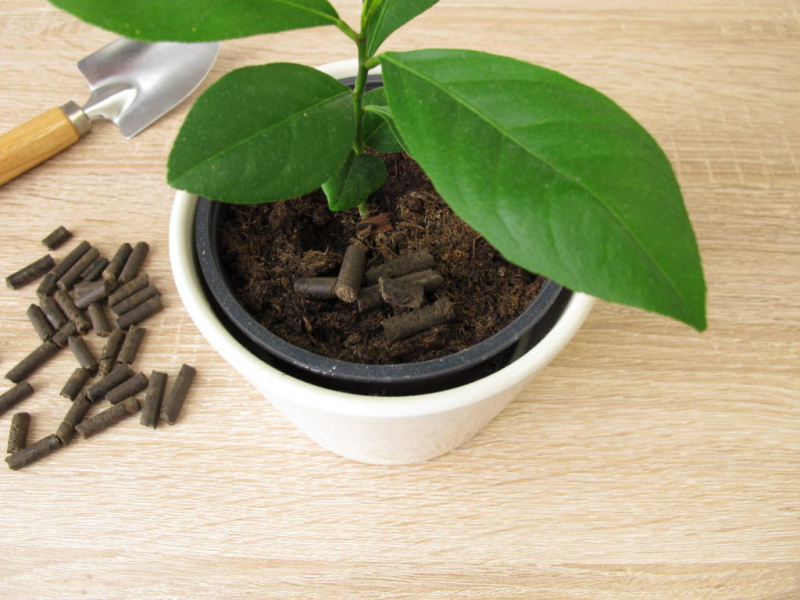
Summary: Using horse manure as fertilizer
- The annual fertilization with horse manure should take place at the end of winter
- Spread one kilogram per square meter of fresh horse manure
- Horse manure is worked deep into light soils and shallowly into heavy soils
- In June it makes sense to top up with an organic slow-release fertilizer
- You can use composted horse manure as a soil improver and as a component of potting soil
You can also find extensive information on other natural fertilizers in our special article.
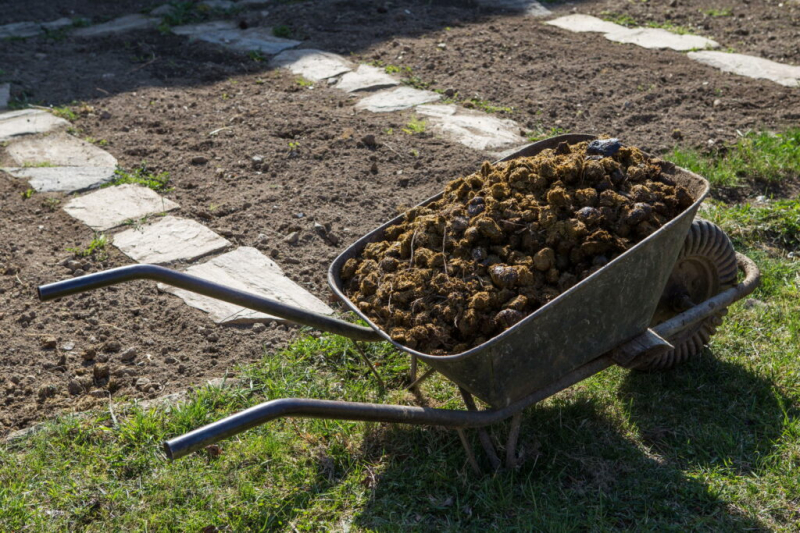
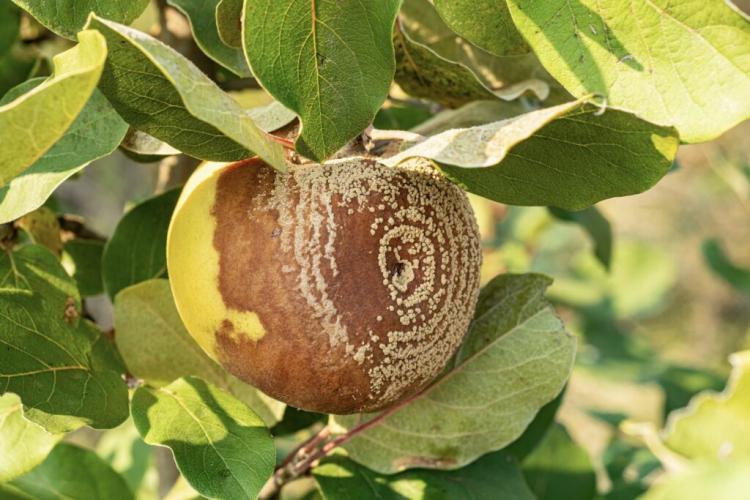
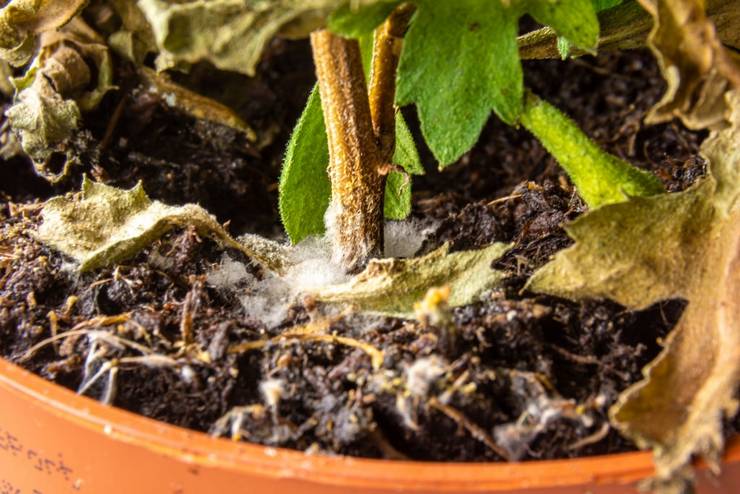
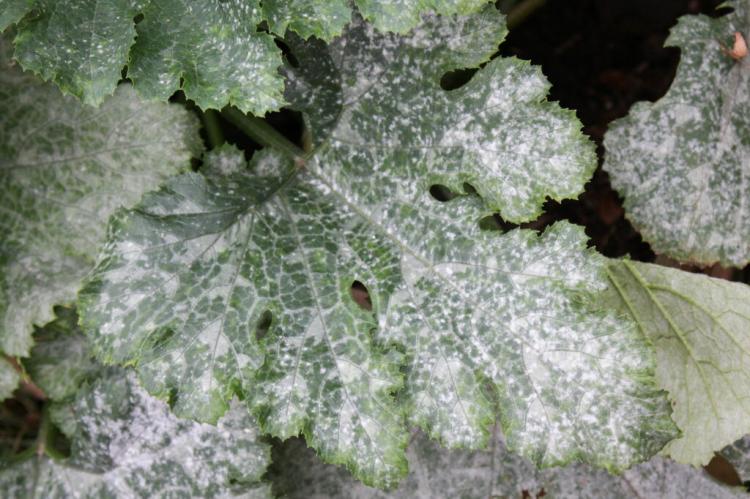
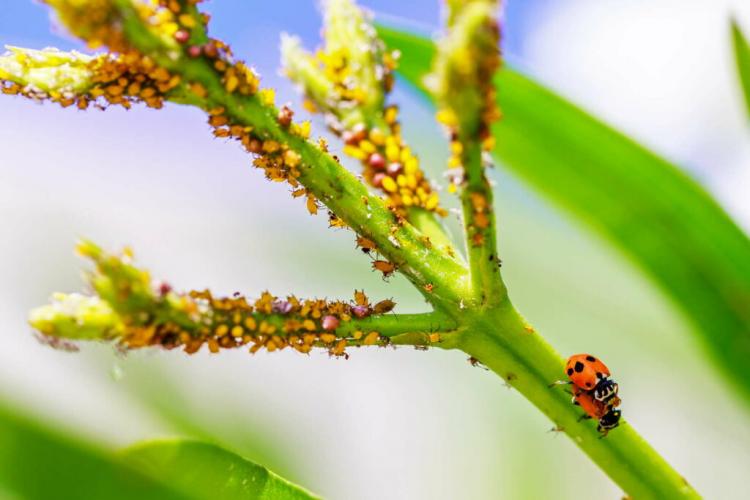
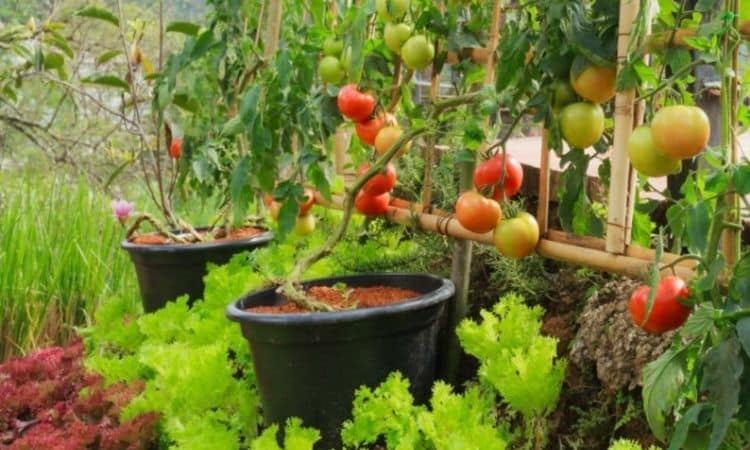
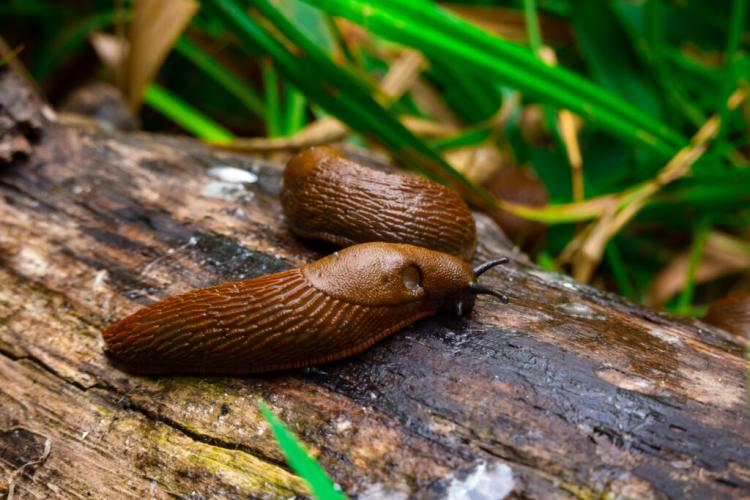
What are your thoughts about putting a glop of horse manure in a 5 gal. bucket, filling it with water, then using the mixture to water one’s plants?